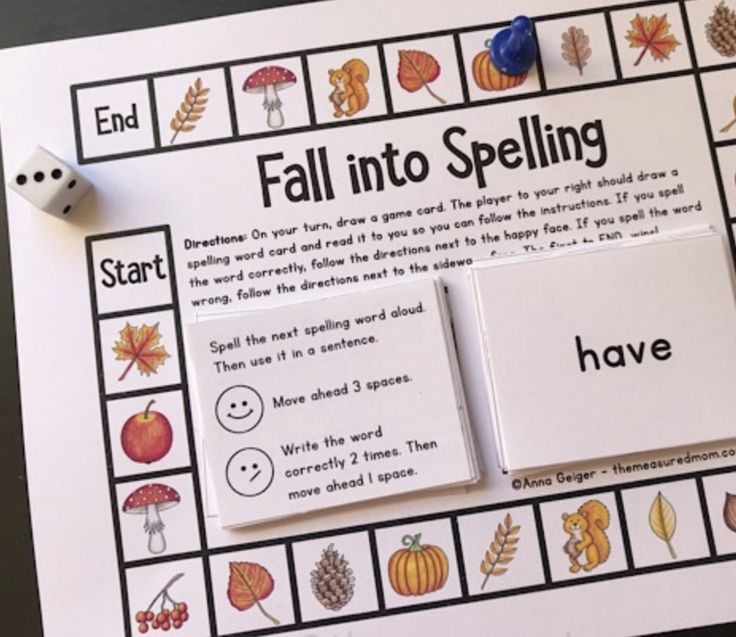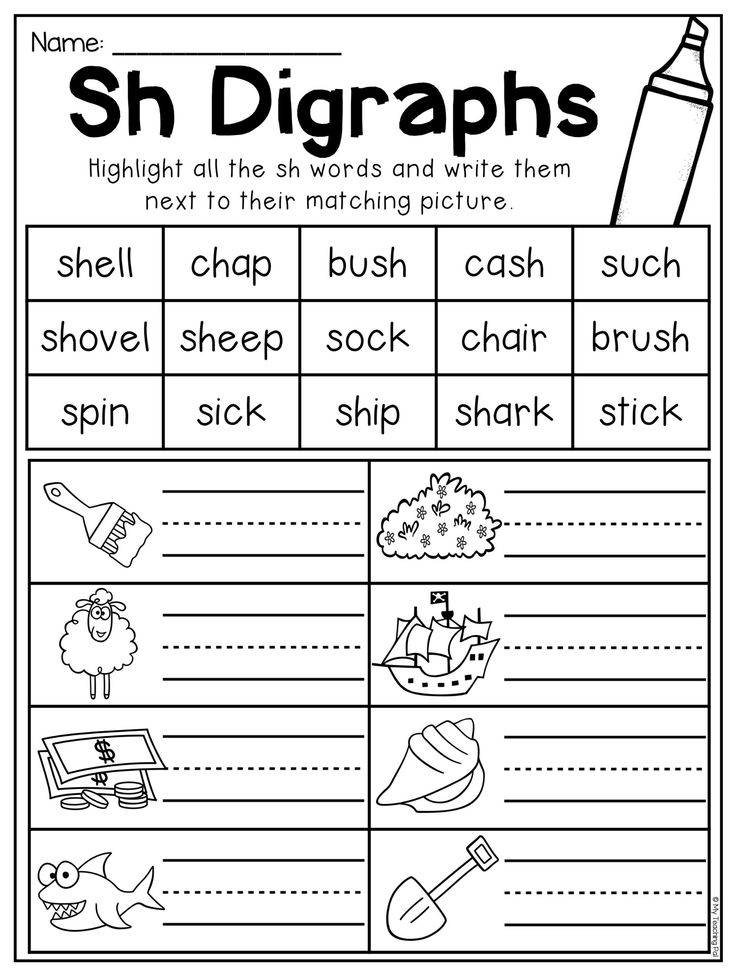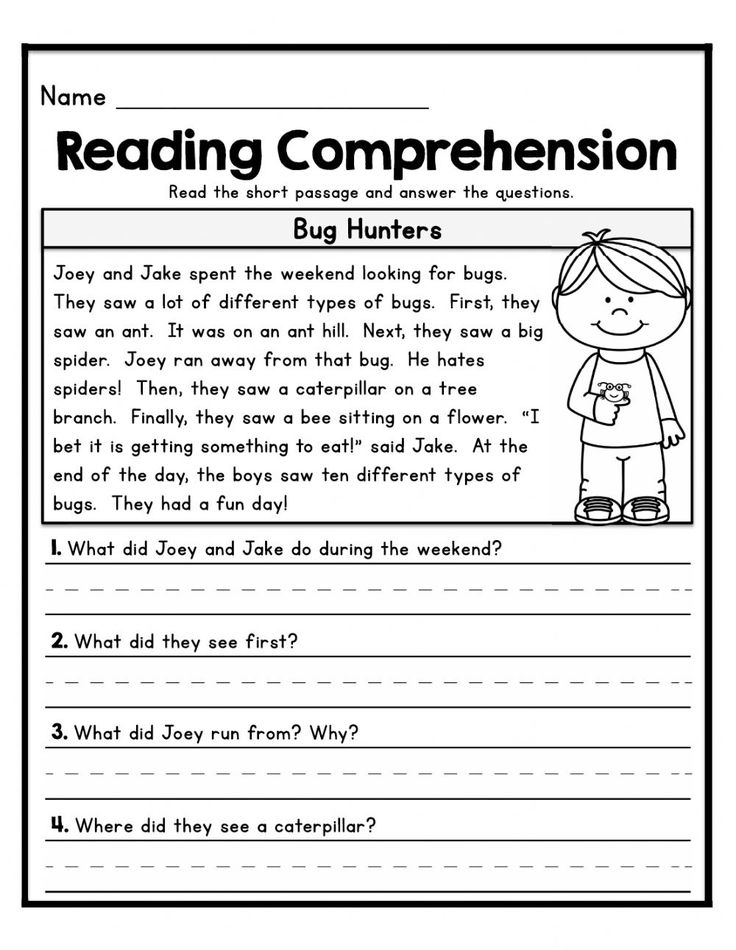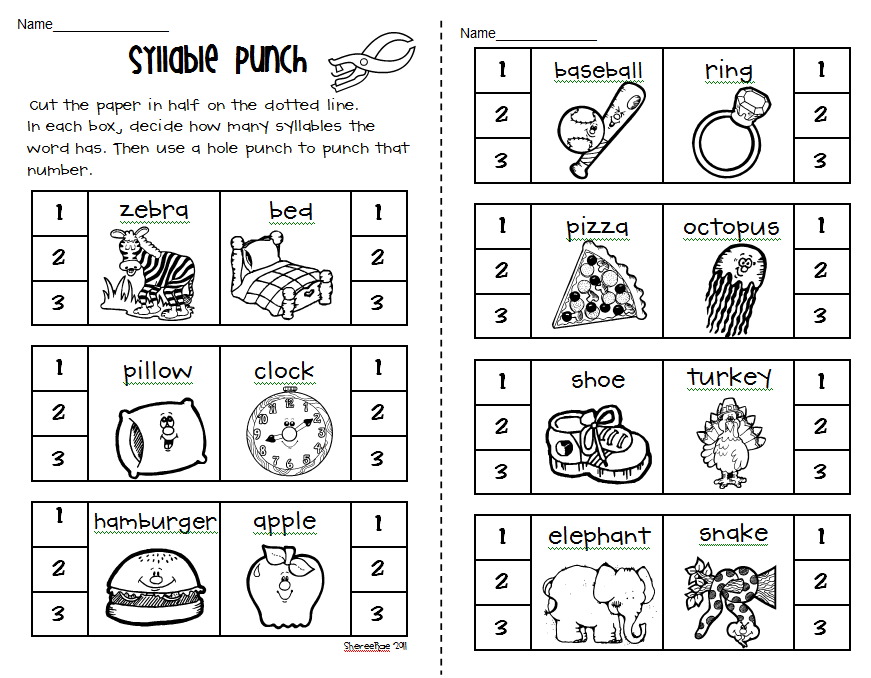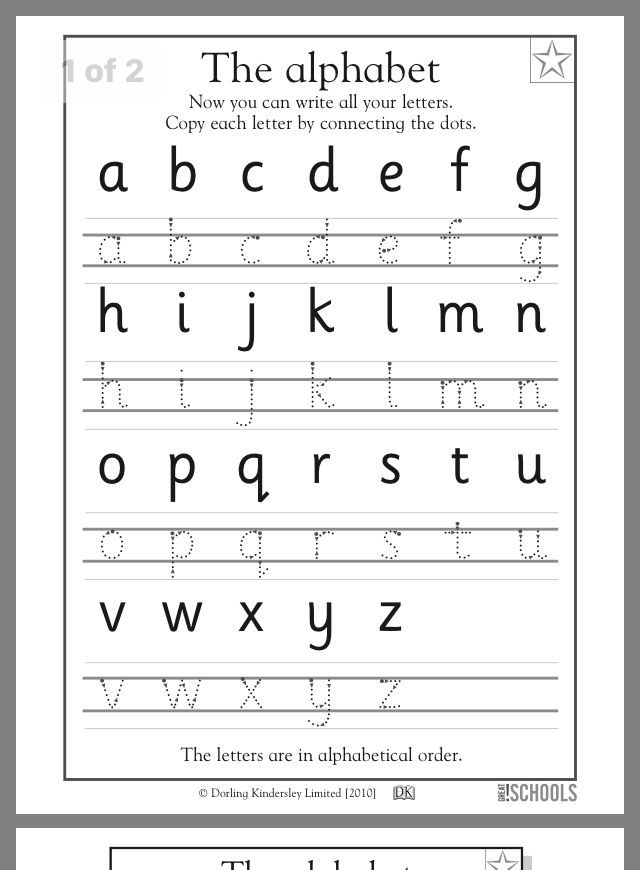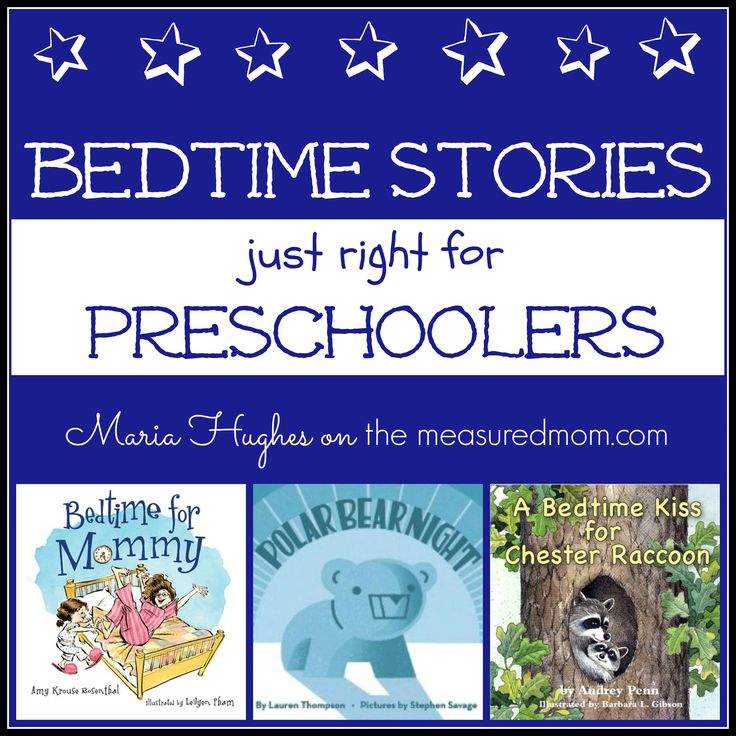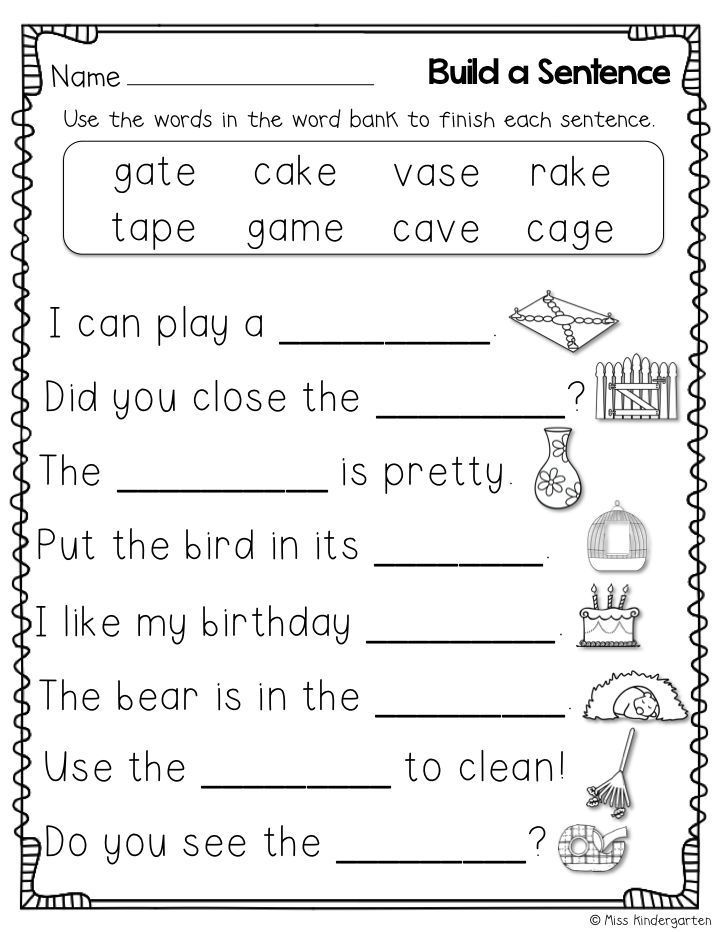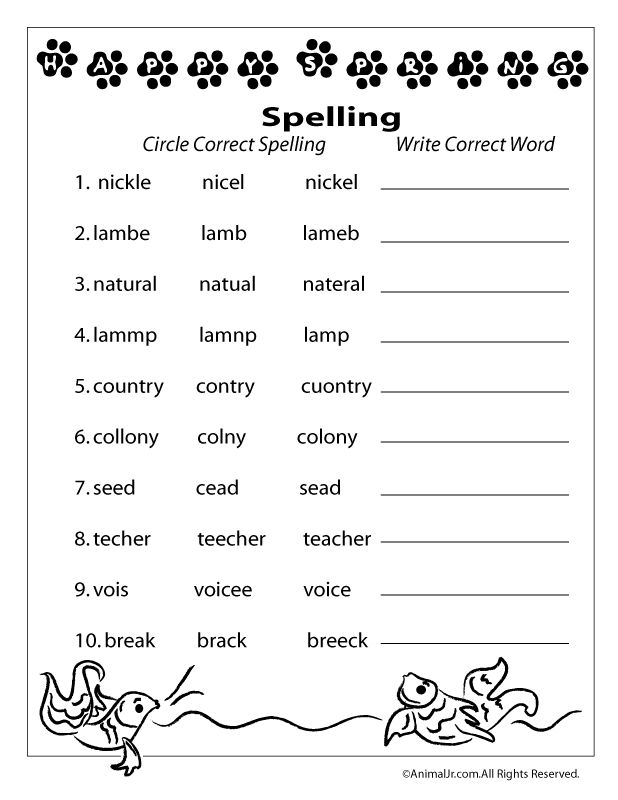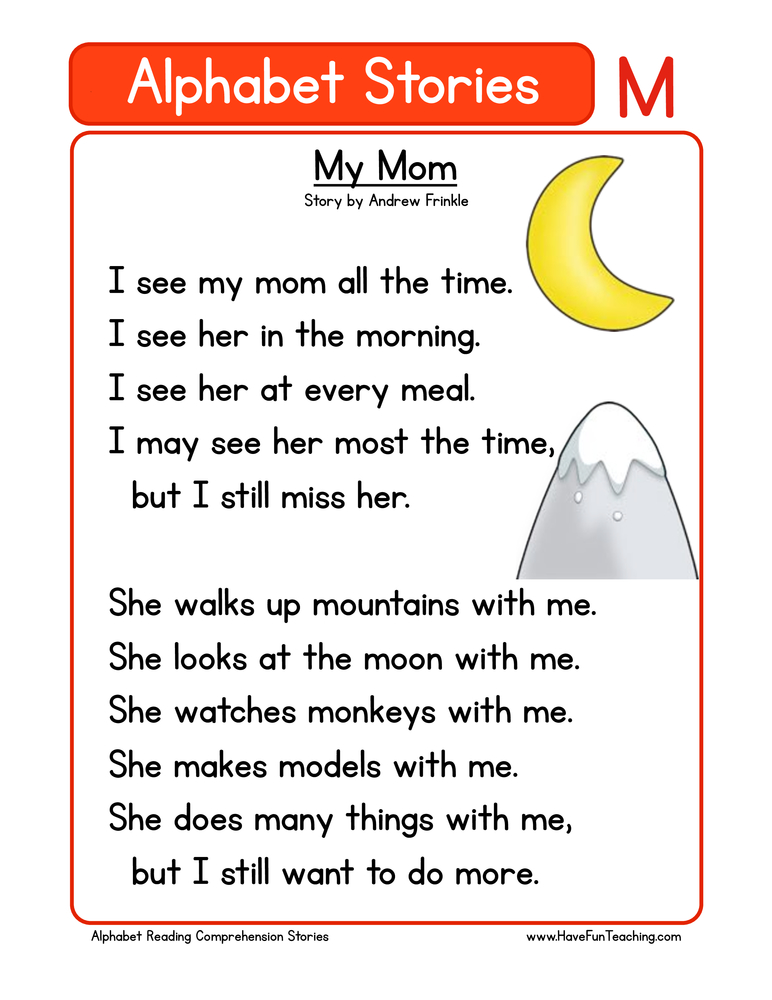Spelling games for teachers
Classroom Spelling Games for Grades 2-6
Looking for an engaging spelling game to play with your students? Look no further! We’ve collected together a fun list of classroom spelling games suitable for students in grades two to six.
1. Buzz Off Spelling Game
Have students stand in a circle. Choose a person to start and say the word to spell. In succession moving from person to person around the circle, each student says the next letter in the word until the entire word is spelt. The next student says ‘buzz’ and then the next ‘off’ and that final student sits down. Any student whose letter misspells the word also has to sit down. Keep playing until only one student remains standing.
2. Spelling Team Tic Tac Toe #1
Divide students into two teams. Draw a large tic tac toe grid on the whiteboard. Students from each team take turns to orally spell an allocated word correctly. If they are correct, they add an x or o to the grid for their team. First team to three in a row wins the round.
3. Spelling Team Tic Tac Toe #2
Divide students into two teams. Draw a large tic tac toe grid on the whiteboard. Give each team a different coloured whiteboard marker. Students from each team take turns to spell an allocated word directly onto their choice of square on the tic tac toe grid. If they spell the word incorrectly it is erased. First team with three correctly spelled words in a row wins the round.
4. Snowball Spelling Game
Onto a small sheet of white paper write the grapheme for a sound the class has been studying, e.g. ‘ir.’ Scrunch the paper up into a ball. Throw the paper ball to a child who must unwrap the paper and say a word containing that sound. The child then throws the paper ball to another child who has to spell the word. They then throw the ball to another child who has to say a sentence that includes the word. They then throw the ball to another child who starts the sequence again with a new word that includes the sound.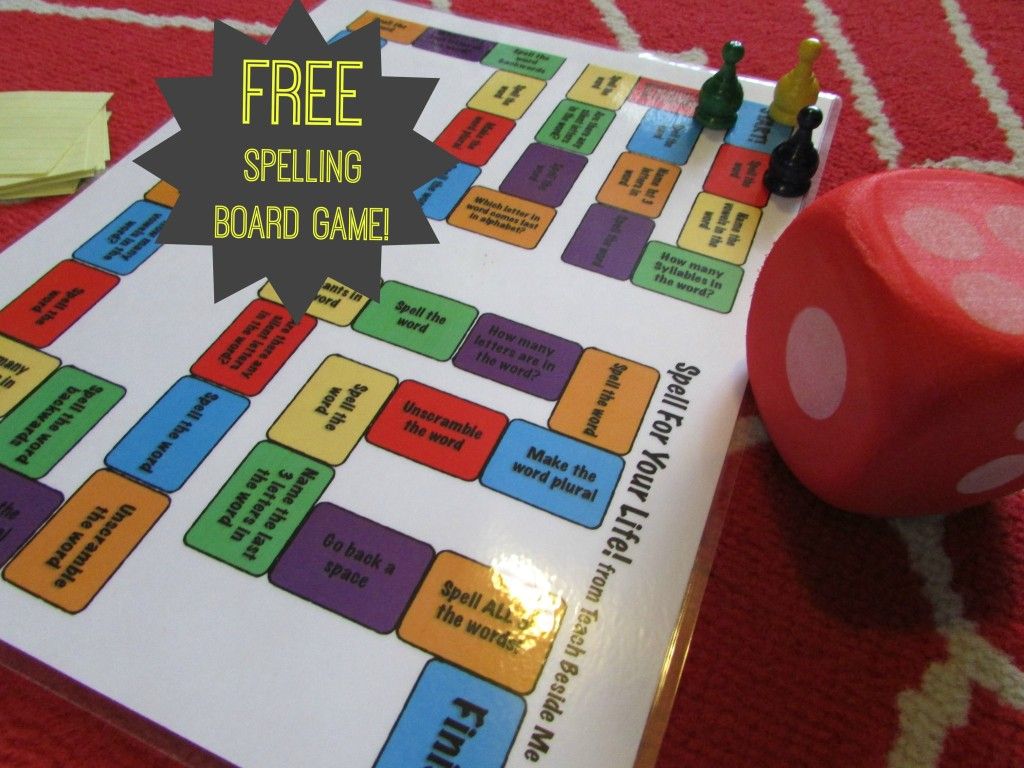
5. Spelling Swat It!
Divide students into two teams. Write the spelling words randomly onto the whiteboard.
Stand the first two players, with their backs to the board, a short distance in front of it. Give them each a plastic fly swat.
Call out a clue to identify the spelling word. For example, “This word means…” or “Rhymes with …” The two players must then race to be the first to swat the correct word on the board. The winner must then turn away from the board and spell the word correctly to win a point for their team.
6. Spelling Word Relay
Divide the students into teams. Each team lines up a short distance away from the whiteboard, facing the board. The first person in each team starts with a whiteboard marker.Call a word for the students to spell. The first student in each team races to the board and writes the first letter of the word and then runs back to pass the marker on to the next team member who writes the next letter of the word, and so on.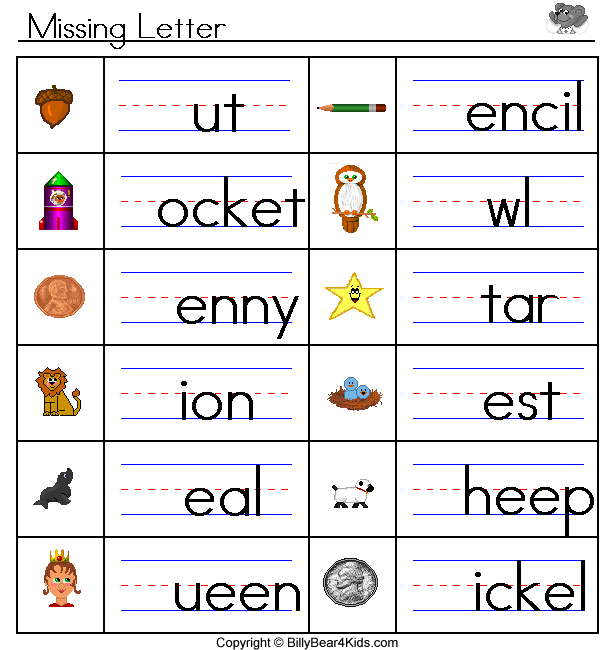 Team members can correct an incorrect letter on their turn but they may not add a new letter. The first team to correctly spell the word scores a point.7. Spelling Who Am I?
Team members can correct an incorrect letter on their turn but they may not add a new letter. The first team to correctly spell the word scores a point.7. Spelling Who Am I?
Write each spelling list word onto a post-it note. Divide students into two teams. The first student from the first team sits on a chair at the front of the room, facing the rest of her team. Place the first post-it note onto the student’s forehead. The goal is for the chosen student’s teammates to give him or her clues to what the word on his forehead is, without revealing the word directly. They can use rhyming words, synonyms, antonyms, guestures, etc. After they guess the word correctly, the student then has to spell the word. If they spell the word correctly, they score a point for their team. Repeat with the first team member from the second team, and so on.
8. Unscramble
Line students up into two or three teams facing the class whiteboard. The first person in each team has a personal whiteboard and a whiteboard marker and an eraser and turns to face away from the class whiteboard.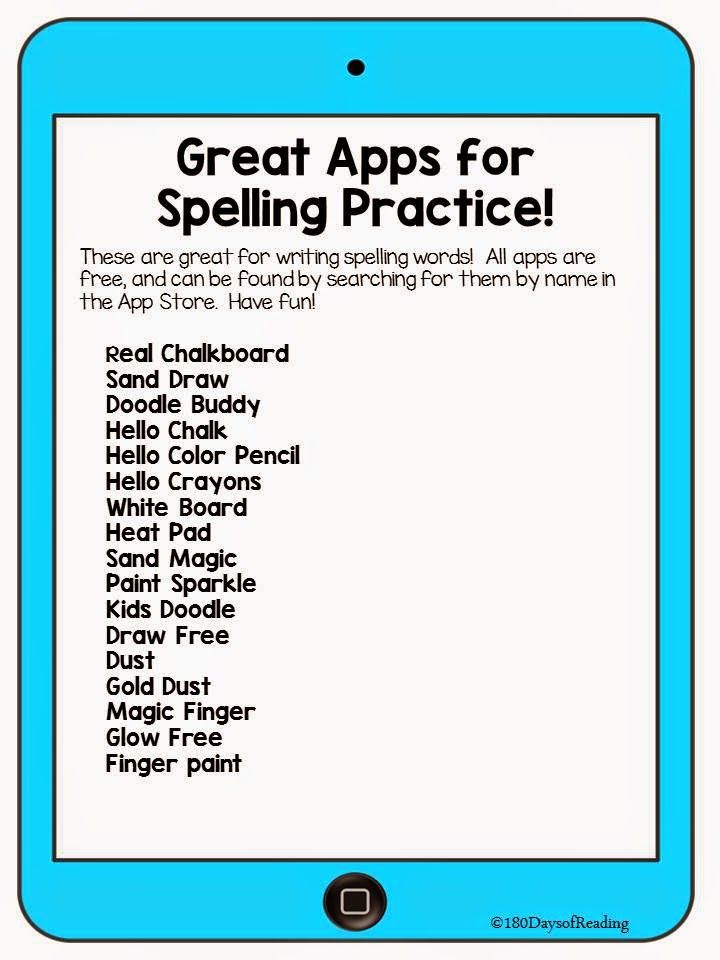 Write a jumbled version of the first spelling word on the class whiteboard. On ‘Go!’ the team members turn to face the board. The first of these students to write the unjumbled word (spelled correctly) onto their personal whiteboard and holds it up to the teacher wins a point for their team. They then pass the whiteboard onto the next team member and play continues with a new jumbled word for each round.
Write a jumbled version of the first spelling word on the class whiteboard. On ‘Go!’ the team members turn to face the board. The first of these students to write the unjumbled word (spelled correctly) onto their personal whiteboard and holds it up to the teacher wins a point for their team. They then pass the whiteboard onto the next team member and play continues with a new jumbled word for each round.
9. Missing Letters
Played in the same manner as Unscramble but the words are written onto the classroom whiteboard with blank lines in the place of some of the letters. For example, b_c_ _se for the word because.
10. Invisible Man
Line students up into two teams facing the whiteboard. Draw two large stick people on the whiteboard, one in front of each team, each must have the same number of body parts. Call out a word for the first member of team one to spell. If they spell it correctly they may erase one body part from the other team’s stick person.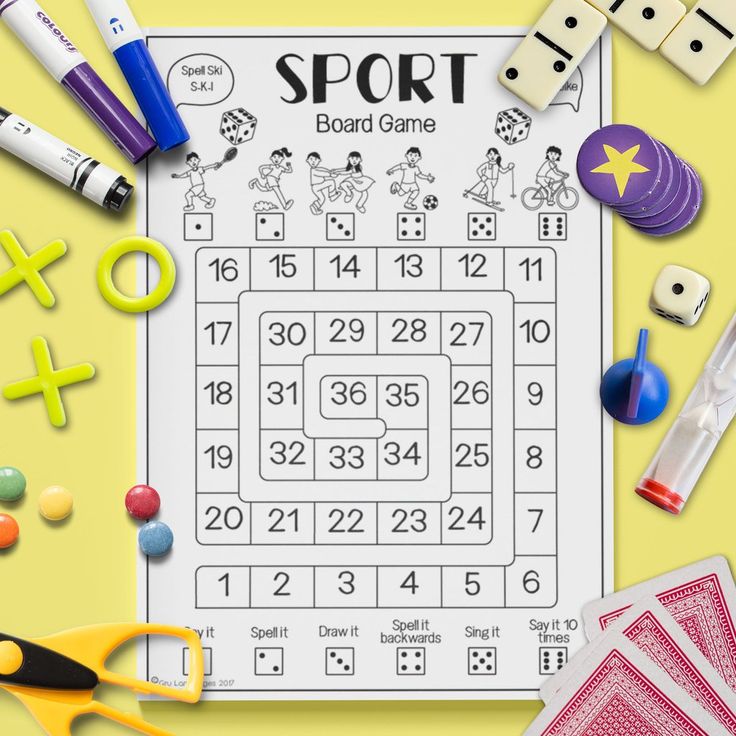 Call out a word for the first member of team two to spell, and continue on until one team’s stick person is completely erased. The erasing team is the winner!
Call out a word for the first member of team two to spell, and continue on until one team’s stick person is completely erased. The erasing team is the winner!
11. Spell-O
Each student chooses five spelling words and writes them onto a piece of paper. Write the alphabet in large print across the whiteboard. Cross out the letters of the alphabet, one by one. As each letter is crossed out, students cross out that same letter as it appears in each of their own words. First student to cross out all of the letters in all of their words wins.
12. Dictionary Challenge
This game works best with students in the upper elementary/primary grades. Divide students into teams. Each team will need a dictionary. Students choose a player from their team to go first. Call out a word. The elected students from each team race to be the first to find the word in the dictionary. The person who succeeds scores a point for their team. The dictionary is then passed to the next person in each team and the process repeated.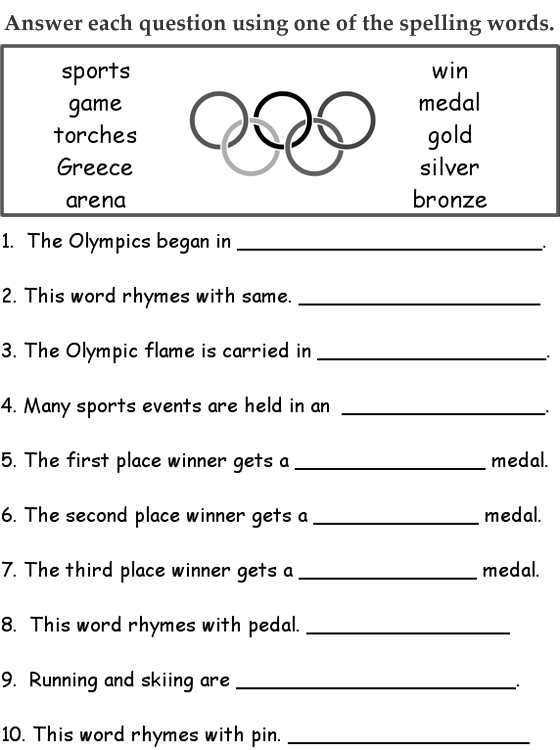
Christie Burnett is a teacher, presenter, writer and the mother of two. She created Childhood 101 as a place for teachers and parents to access engaging, high quality learning ideas.
Classroom Games that Incorporate Spelling
Teachers know that one of the things students dislike the most is studying for a spelling test. Memorizing spelling words can be boring, and oftentimes students tend to forget how to spell the words soon after the test is over. Classroom games incorporating spelling provide students with a fun way to learn words, they help students remember words over a longer period of time, and they give students an understanding of how words are formed.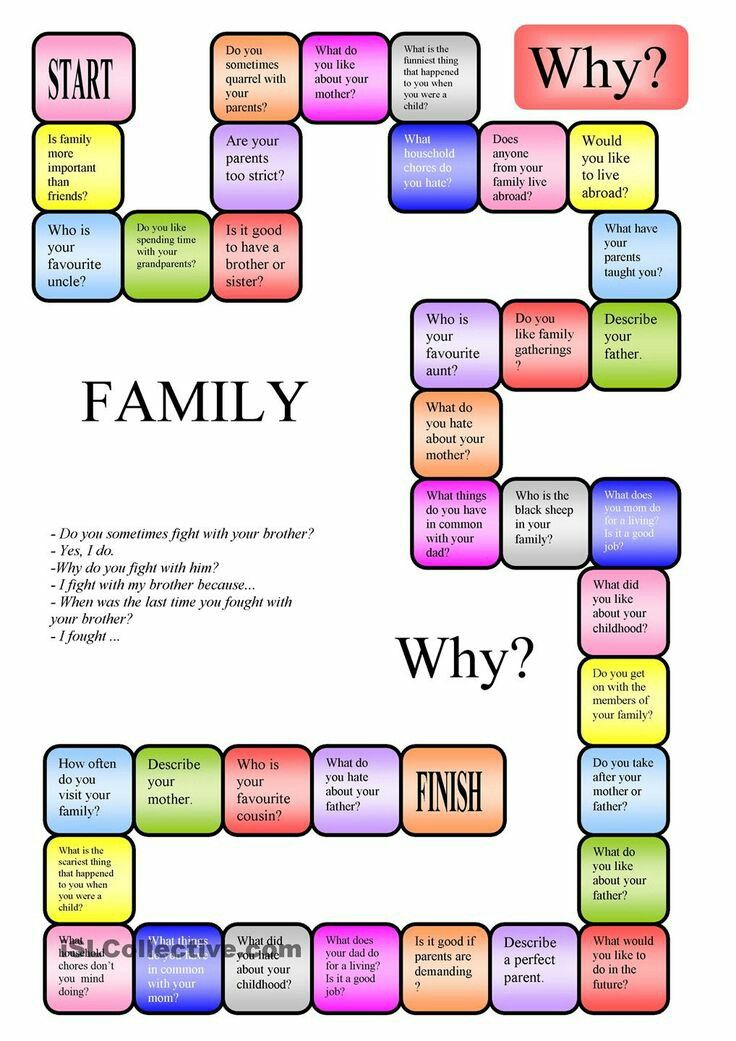 Incorporating classroom games about spelling into your weekly schedule will not only reinforce words that students need to learn, but they will also reinforce good spelling study habits.
Incorporating classroom games about spelling into your weekly schedule will not only reinforce words that students need to learn, but they will also reinforce good spelling study habits.
Here are a few fun classroom games about spelling to incorporate into your weekly lessons.
Spelling Word Relay
Word relay is a fun and competitive spelling game for all ages.
How to Play:
Divide students into two teams. Have each team stand in a line (just like you would in a relay race) one behind the other. When the teacher says go, the first team member of each team races to the board and has to write a spelling word that begins with the last letter of the word that was written on the board. For example, the teacher would draw a line down the center of the board and on each side would write one word. For this example the word is “clock.” The team member that is at the board would have to write a spelling word that starts with a “k” such as knock. If they do not have a spelling word that starts with a “k,” then they move to the letter before, which in this example would be “c.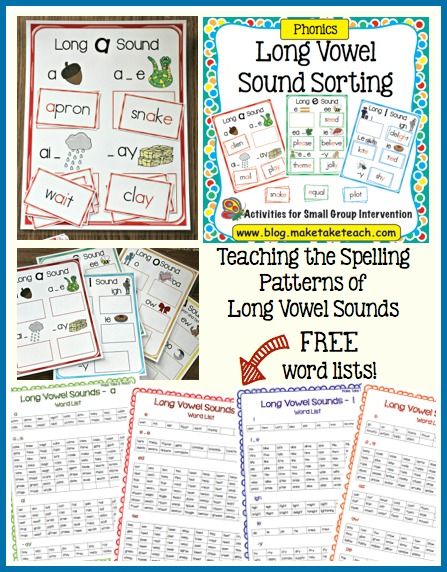 ” Once the team member writes the word they quickly pass the chalk or marker to the next person on the team, and so on, until all of the members have gone. The first team to finish wins!
” Once the team member writes the word they quickly pass the chalk or marker to the next person on the team, and so on, until all of the members have gone. The first team to finish wins!
Sink and Spell
Sink and spell is just like the game Battleship. It is a fun spelling game that is played with a partner to help reinforce spelling words.
How to Play:
Pair students together and give each student a sheet of paper. Have students draw a grid with letters on the top and numbers on the side. Then have students write about five of their spelling words in boxes on the grid they made. Students take turns calling out boxes. If they call out a box and a letter isn’t there then that is considered a miss. The goal of the game is to find the spelling words. The first one to find all of the words wins.
Spelling Squares (Tic Tac Toe)
This is a Tic Tac Toe spelling game to help reinforce spelling words.
How to Play:
Divide students into teams of two. Each team gets a pile of their spelling words, along with a tic tac toe board. The first player draws a card from the deck and reads the word to their partner. The partner then spells the word. If they get it correct they draw an “x” or an “o” on the tic tac toe board. If they get it wrong then they cannot place anything on the board. Then the next player goes, and so on. This continues until someone gets tic tac toe.
Each team gets a pile of their spelling words, along with a tic tac toe board. The first player draws a card from the deck and reads the word to their partner. The partner then spells the word. If they get it correct they draw an “x” or an “o” on the tic tac toe board. If they get it wrong then they cannot place anything on the board. Then the next player goes, and so on. This continues until someone gets tic tac toe.
Spelling Boom!
Spelling Boom is a fun hands-on spelling game to reinforce spelling words. This game can be played with a partner, in a large group, or with a small group.
How to Play:
To play Spelling Boom you must write spelling words on popsicle sticks or small index cards. Make sure to write the word “Boom” on a few of the sticks or cards. Each player blindly draws a stick or card and hands it to the teacher or another player to read the word. If they spell the word correctly they get to keep the stick or card. If they answer it incorrectly then they must put it back into the cup or pile.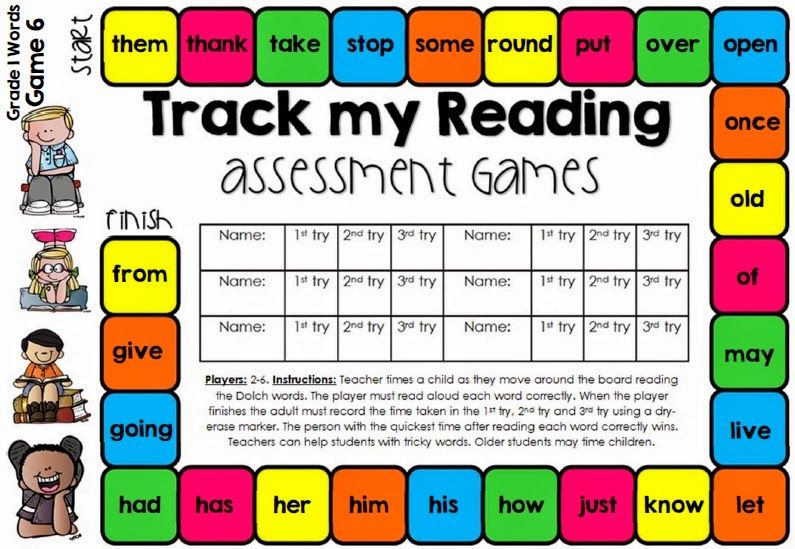 If the student chooses a Boom stick or card they must put back all of the words that they have collected so far. The person with the most sticks or cards at the end of the game wins!
If the student chooses a Boom stick or card they must put back all of the words that they have collected so far. The person with the most sticks or cards at the end of the game wins!
Word Jump
Word jump is a physical classroom spelling game to help students remember their spelling words.
How to Play:
The teacher writes a few spelling words on a piece of paper and places them on the floor. The goal is to have students see how many words they can jump on correctly when the teacher says the word. For example, the teacher would say the word “fox” and students would look on the ground and have to be the first to jump on that word.
Try and incorporate as many classroom spelling games into your weekly schedule as you possibly can. Not only are they beneficial for students, but they give students something to look forward to. Games are fun!
Spelling games | Educational and methodological material on the Russian language on the topic:
SPELLING GAMES.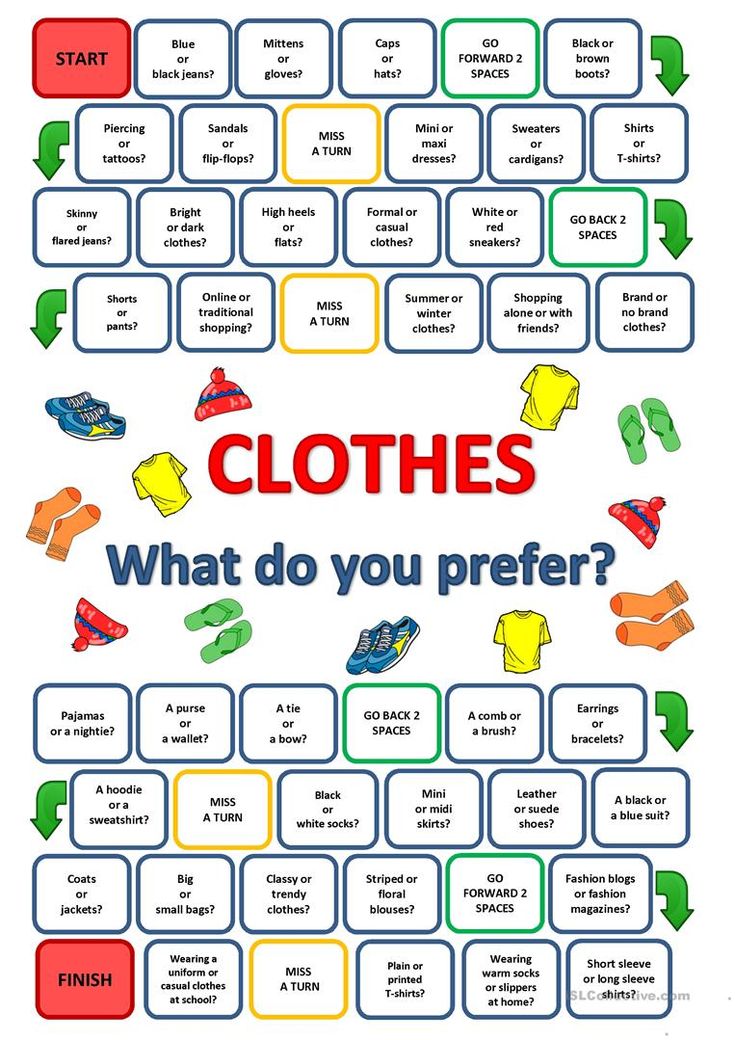
1.Check Dunno.
Dunno played with words, making one word out of two. Check if he
composed the words correctly?
Paul+Osa = stripes
Kol+Osa = colosses
OG+Wasp-fits
Tooth+I = teeth
oak+b+I = Dubya
2. Who quickly correct the errors. (Subject: Capital letter)
The cards have misspelled text.
Task: Find and correct all capitalization errors as quickly as possible.
3. Read the offer. (Topic: Case endings.)
Cards are made from an album sheet on which sentences are written, but instead of nouns, the corresponding figures are placed.
Assignment: while reading a sentence, students use pictures to name nouns in the appropriate case, choosing the correct ending. nine0003
4. "Choose three words" (The game is used to reinforce any topics in the Russian language)
Purpose: To follow the formation of spelling skills, taking into account the stage of work on spelling.
The choice of words depends on the topics studied or covered.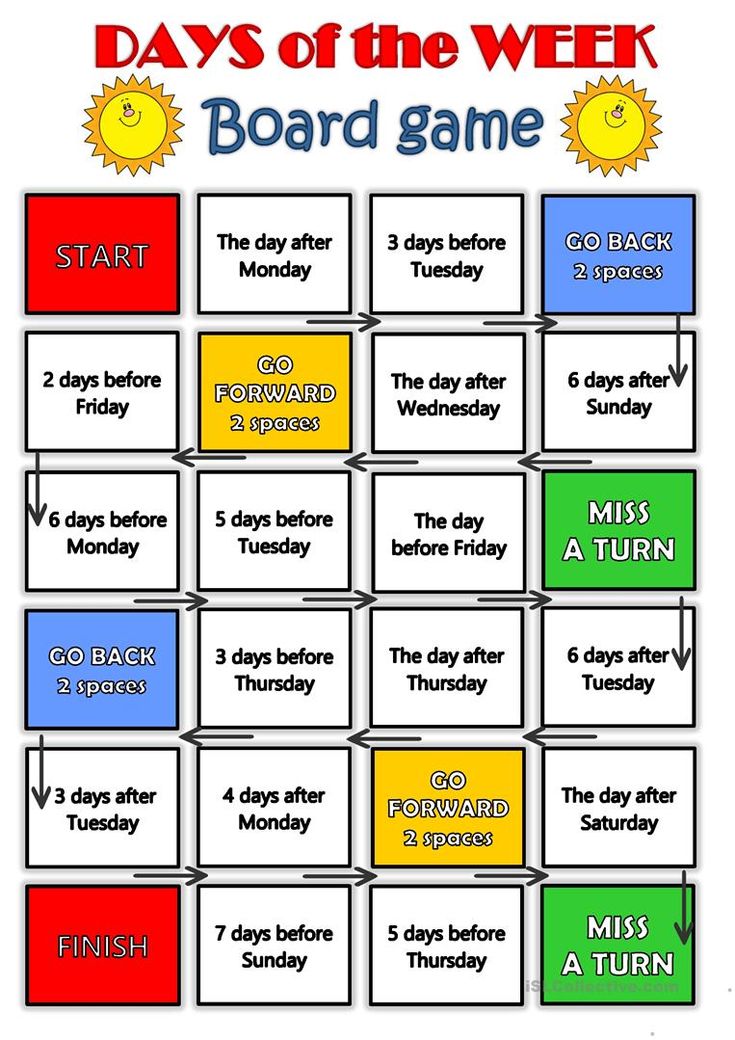
Nine words are written on 9 cards:
1st set: fish, blizzard, stocking, oak trees, jam, scarecrow, streams, plague, mushroom.
2nd set: entrance, warehouse, crow, hail, filming, treasure, gate, rise, sparrow. nine0003
Bread
CLU-KA
Kali-Ka
Bere-kiki
FILKI
Obl-ki
Pied KI
Marty-ka
Redi-ka
Du-ki
Lo-ki
Tetra-KA
CLA
Tra-
Carko-Ka
Li-KI
Ostro-oki
Promotion
Blue
Refined
Tasks:
Explain spellings by choosing test words.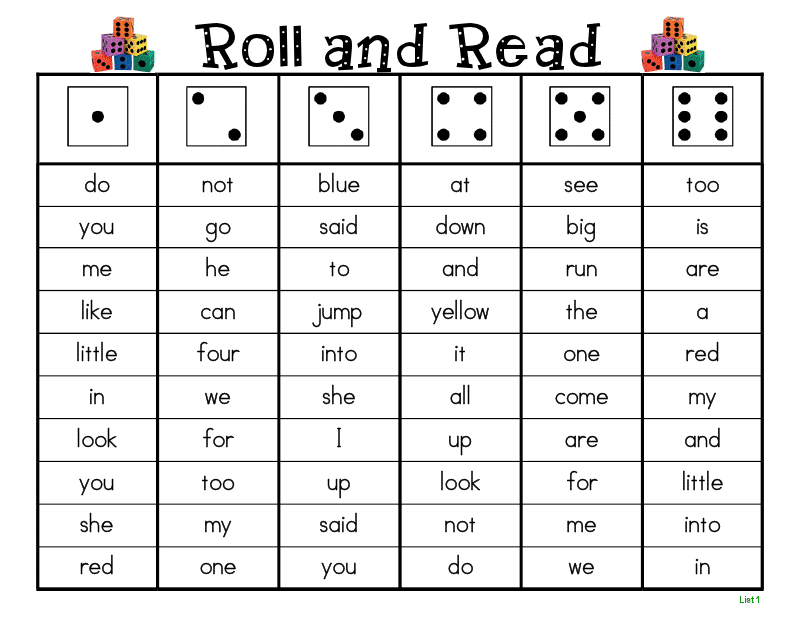
6. Game "Ball"
Didactic task: Repeat the formulation of clarifying questions and case endings.
Game objective: Help the proposals get to the Ball.
Contents of the game:
Ball in the Grammar Kingdom today. There were many proposals for it. But the sentry will not let them into the palace until each noun from those who have appeared has its conjugation indicated. Help the proposals get to the Ball. What questions does the clock noun ask?
Materials:
A table is drawn on the board, the halves of which are separated by a sentry. The proposal is analyzed by one student, tips from the class are accepted. nine0003
Cherry blossoms in May Mother gave her son a book Swallows are returning from Africa A hare feeds on tree bark Sister came to her brother Sasha wrote a letter A fox hid behind a bush, etc. H a s o v o y In (what?) May blooms (what?) bird cherry. etc.
7. Game "Find the ending"
Didactic task: Repeat the case endings of nouns.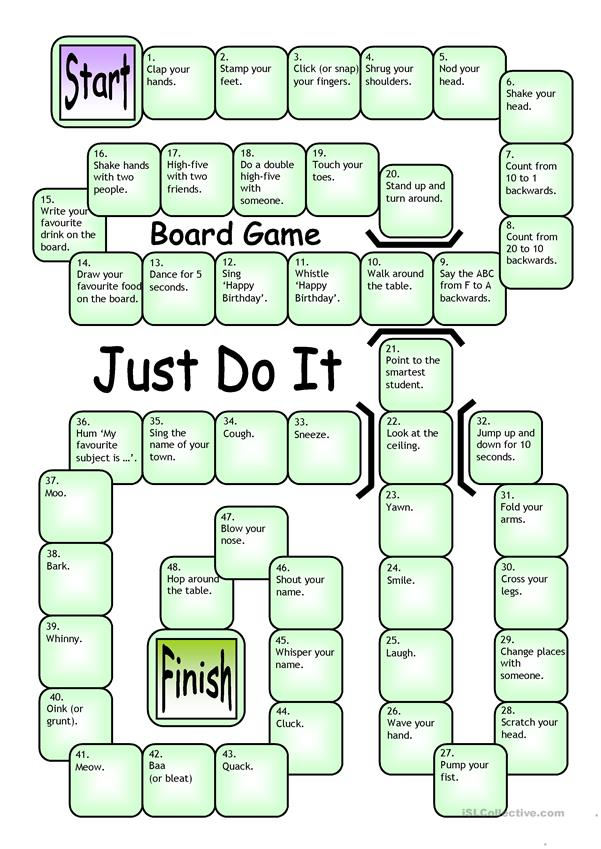
Game task: Find the endings of some words in sayings.
Content of the game:
“The ending is a very changeable, moving part of a word. She can easily get lost. Find the lost endings for these proverbs.” nine0003
Materials:
Cards
- Pick the berries... you will find the box.
- Drop by drop... and the stone hammers.
Without a primer and grammar... Mathematics cannot be learned...
8. The game "Nicknames"
Purpose: formation of the process of inflection and word formation, consolidation of phonetic and grammatical analysis of words, spelling of proper names.
Move: Form animal names from the following words:
BALL, ARROW, EAGLE, RED, STAR
Make proposals.
BALL, ARROW, EAGLE, GINGER, STAR
Highlight the part of the word that you used when composing nicknames (suffix, ending).
9. Game "Team chain game"
Didactic task: Complete the appropriate nouns in the accusative case.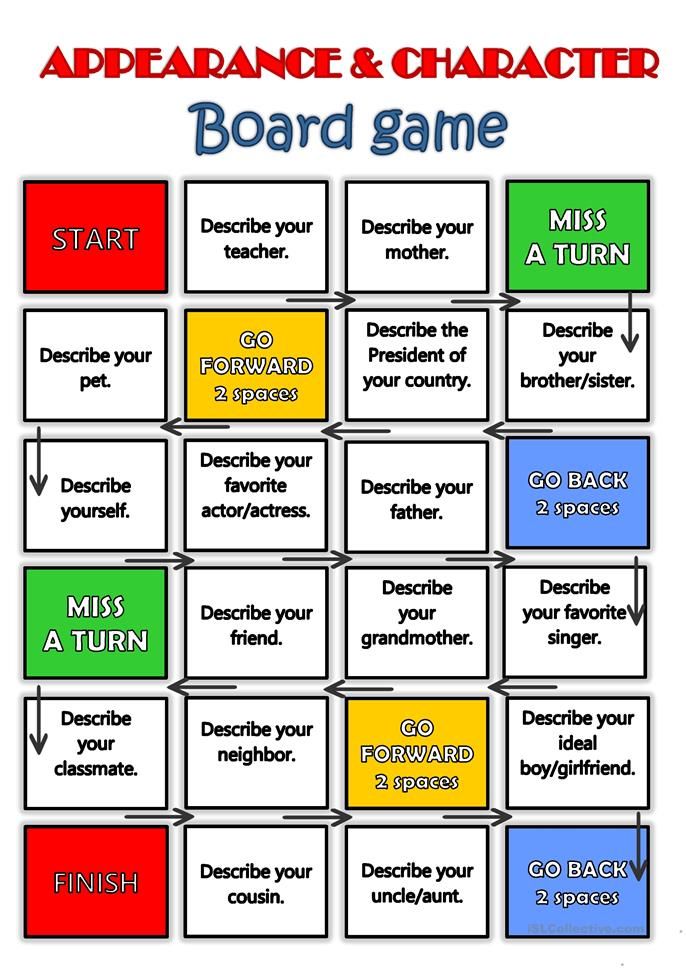
Game objective: Make the chain as long as possible.
Contents of the game and Materials:
- Listening to music, mom...
- I am writing a dictation, a letter,...
- They are building a tower, a house,... etc.
10. The game "Hard - soft"
Purpose: to create conditions for repeating the spelling of hard and soft characters.
Students are divided into two teams. One team is called “Stone”, the other is called “Water”. The “Stone” team gets up if I read a word with a hard sign, if I read a word with a soft sign, the “Water” team gets up.
Words: congress, drive in, blizzard, pours, entrance, pour, announcement, stakes, runners, detour, ears of corn, drink, shooting, etc. nine0003
11.Game: Be careful.
Purpose: to activate memory, attention, vocabulary, based on knowledge of the rules.
Write out from the proposed poems with combinations of zhi, shi:
1. Siskins lived in a hut,
Mice, hedgehogs, swifts,
Walruses come to visit them
Both giraffes and snakes.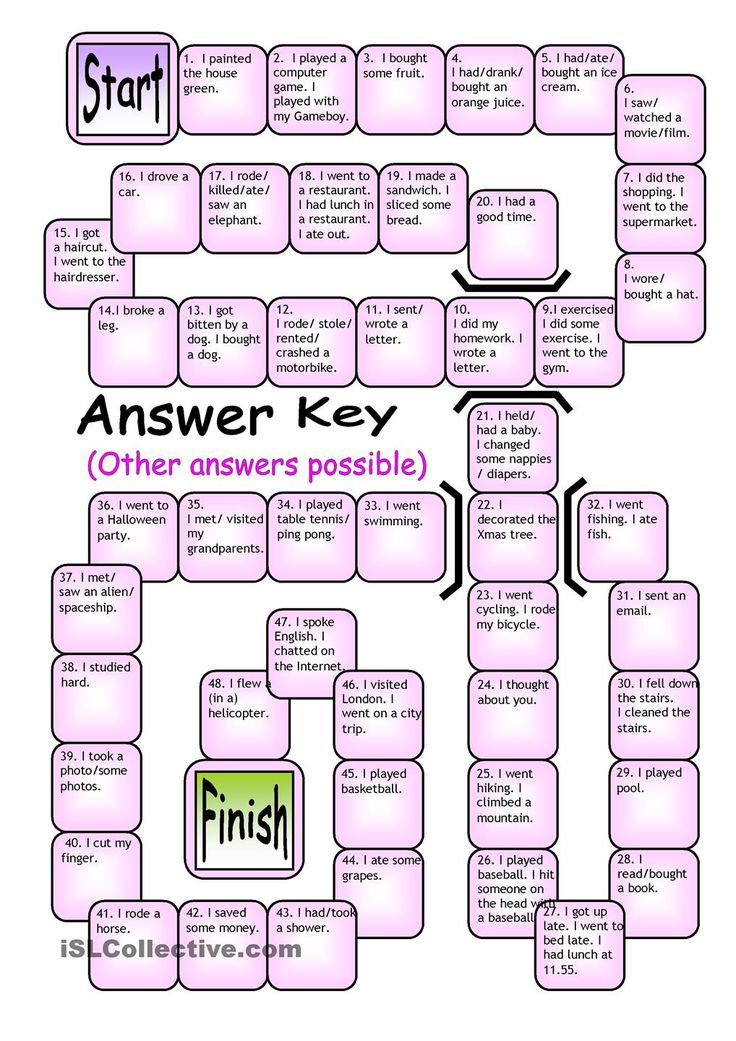
2. Vest, animal, belly,
Giraffes, painting, lives,
Briar, tires, reeds,
Cars and pencils,
Circle, serve, be friends and live,
Hurry, make laugh,
Hiss and sew.
All combinations of ZhI and SHI
Only with the letter I write!
12. Game: Slovoznaikin, give me an answer.
Purpose: to determine the level of development of children, to develop memory, thinking, speech.
Children are invited for a certain time to remember and write down as many proverbs and sayings, riddles and quatrains as possible, in which words and a given rule are found - "Spelling of words with combinations of zhi, shi." For example:
Proverbs and sayings:
Life is given for good deeds. nine0363 You can't hide an awl in a bag.
If you hurry, you will make people laugh.
To live life is not a field to cross.
Friendship is like glass, if you break it, you won't stick it together.
Riddles:
Two birch horses
They carry me through the forest.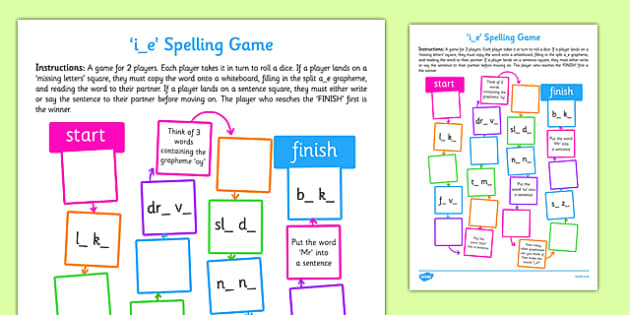
These red horses,
And their name is ... (skis).
He is tall and spotted
With a long, long neck,
And he eats leaves,
Leaves of trees (giraffe)
Quatrain:
She sewed a fur coat - she sewed a skirt,
She sewed a hat - she sewed a slipper! nine0363 Good seamstress Natasha!
13. Game: Change the letter.
Purpose: to intensify the mental activity of students, develop spelling and phonetic vigilance, attentiveness, logical thinking.
Children are offered the original word with a spelling, they change either one or two sounds in it sequentially, while maintaining the combination -chk-, and receive new words. The one with the most words wins.
daughter pen
barrel river
night candle
bump stove
point kidney
cloud daughter
wheelbarrow night
14. Game: Name one object.
Purpose: to develop methods for checking unstressed vowels.
The teacher says a word denoting many identical objects, and the students name one such object and explain what vowel should be written in the root of the word.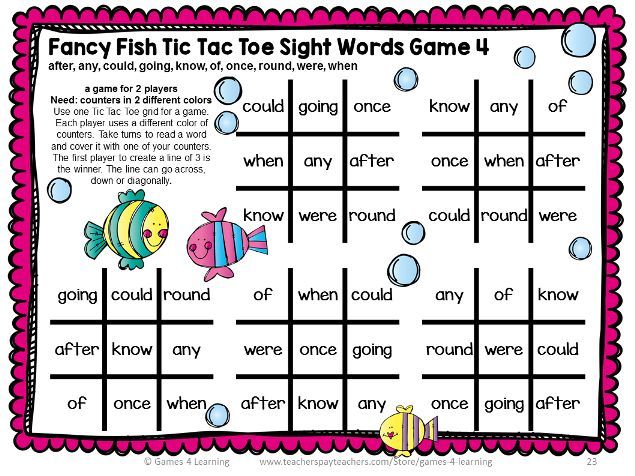 For a correct answer, the row receives a point. The winner is determined by the number of points.
For a correct answer, the row receives a point. The winner is determined by the number of points.
Sample material: words: doctors, eyes, rooks, gardens, basins, balls, sides, rains, yards, moles, seas, knives, fruits, fields, horns, etc.
15. Game: Capital letter.
Purpose: to reinforce the rule of capitalization in words.
Equipment: each student has a set of signal cards.
The teacher invites the class to listen carefully to the poem. Then the students mark with signal cards, all the rules for writing a capital letter, which are mentioned in the poem. Next, you need to protect each of your answers, that is, explain which rule is fixed. The winner is the one who manages to protect all signal cards. nine0003
An ordinary letter has suddenly grown, The letter
Has grown above the letters - girlfriends At the line at the beginning,
They look with respect So that we notice the beginning.
In the letter of a friend, First name, last name
But why? Are written with her,
For what merits? To be more noticeable and more visible,
To sound loud and proud
The letter did not want to grow by itself, Your name
The letter is entrusted with an important task: The name of the street, city.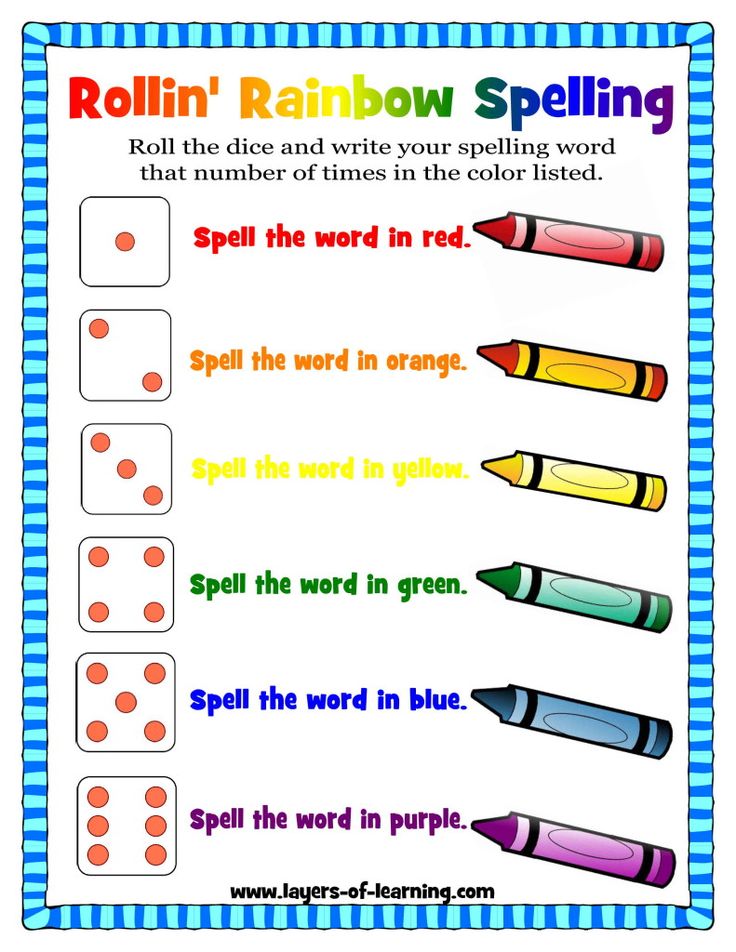
Put in the word Large letter -
Not in vain and not easy Not at all empty,
The letter is so tall.
In a big letter -
Respect sign. (S. Izmailov)
16. Game: Half a minute for a joke.
Purpose: to fix the spelling of the capital letter in animal names.
Equipment: the board contains the names of those animals that are found in Yu. Chernykh's poem: a dog, a chicken, a cow, a cat, a horse.
The teacher asks the children to listen carefully to the poem and say what is wrong with it. The correct answer is rewarded with a game token. Some children add nicknames to the names of animals on the board, while the rest do this work in a notebook. nine0363 Once upon a time there was a grandfather and a woman
With a little granddaughter.
They called their red cat
Zhuchka,
And they called Crested
They called the foal,
And they also had
Burenka hen,
Murka dog,
And two more goats -
Sivka and Burka.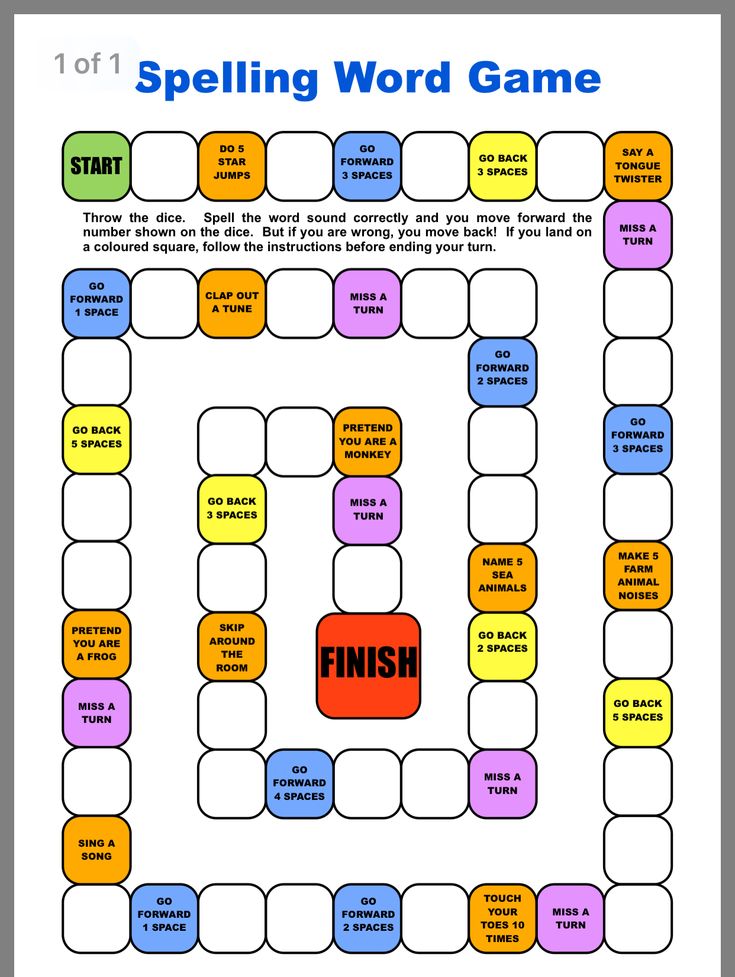
17. Didactic game "Be careful."
Purpose: to activate memory, attention, vocabulary, based on knowledge of the rules.
From the proposed poems write out words with combinations of zhi, shi:
1. They lived in a hut of siskins,
Mice, hedgehogs, swifts,
Walruses come to visit them
And giraffes and snakes.
2. Vest, animal, belly,
Giraffes, painting, lives,
Briar, tires, reeds,
Cars and pencils,
Circle, serve, make friends and live,
Hurry, make laugh,
Hiss and sew.
All combinations of ZhI and SHI
Only with the letter I write!
Spelling games in English lessons
- Home
- Blog
- Spelling games in English lessons
3 Comments
- “Best”
- “Slogged”
- “CHILER »
- "Word formation"
- "Add consonants"
- "Anagrams"
- "Who is more?"
- Insert a letter
- Philwords
- Coder
- Alphabet
- Honeycomb
- Four Words
- Ladder
- Finally
: spelling, lexical, grammatical.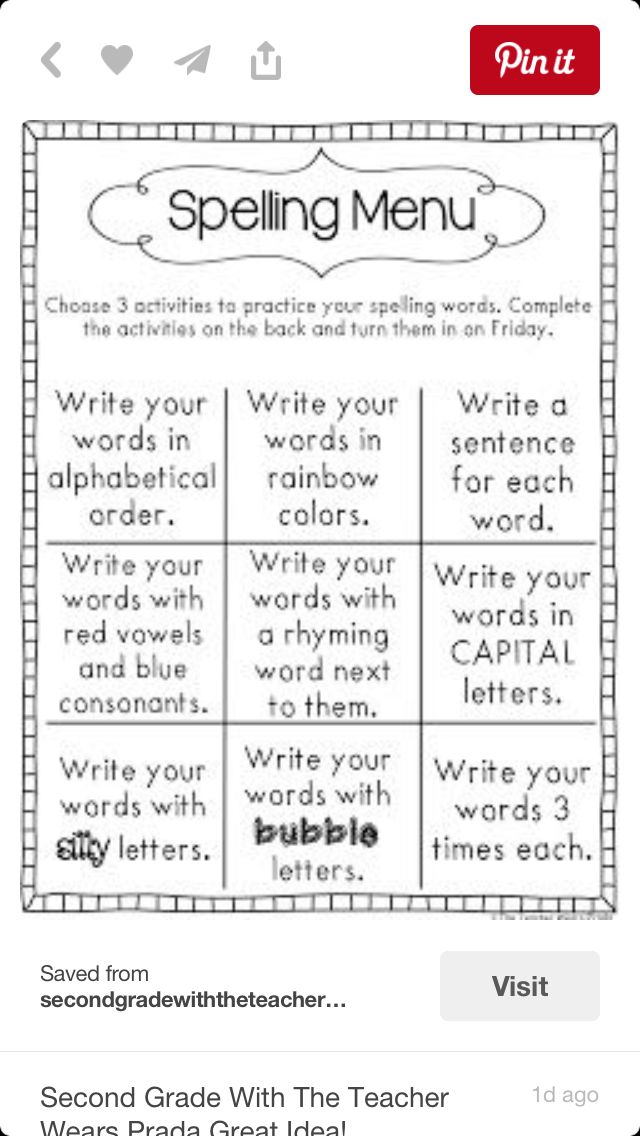 These games are based on the fact that students in a playful way can work out the material covered on the topic of the lesson. In this article, we will look at examples of games for mastering English spelling. You yourself can change the lexical content and the rules of the games depending on the level of knowledge of students and the topic of the lesson. nine0003
These games are based on the fact that students in a playful way can work out the material covered on the topic of the lesson. In this article, we will look at examples of games for mastering English spelling. You yourself can change the lexical content and the rules of the games depending on the level of knowledge of students and the topic of the lesson. nine0003
"Best"
The teacher divides the class into several teams with the same number of participants. If the study room is small, then it is best to divide the students into two groups, the participants of which are built in columns one at a time. The teacher acts as a leader. At the command "Start!" the host begins to dictate words on the topic covered. The task of the students is to run up to the blackboard with chalk in their hands and write the named word. And so on the relay. The team that completes the fastest and makes the fewest spelling mistakes wins. nine0003
“The letters fell apart”
The game can be played both in teams and in the form of individual competitions.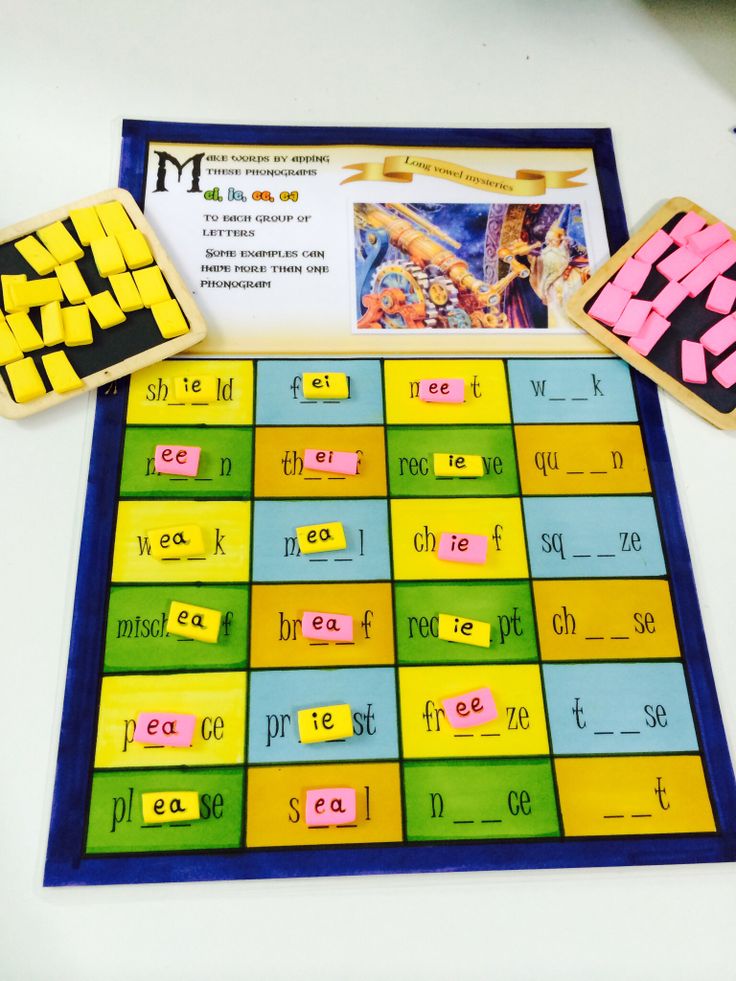 For this spelling game, the teacher has to prepare flashcards with letters that will be assembled into words. Each team is given the same number of words. On the command "Start", the players collect words from letters and translate them. The team that can do it faster and correctly translate the words wins.
For this spelling game, the teacher has to prepare flashcards with letters that will be assembled into words. Each team is given the same number of words. On the command "Start", the players collect words from letters and translate them. The team that can do it faster and correctly translate the words wins.
Example:
- ontaunim → watch , water , wave and so on.
"Word formation"
The game can be played both in the form of individual competitions and in teams. The teacher writes a long word on the board and asks the students to make words from its letters in a certain amount of time. The player with the most words wins.
"Add consonants"
The game can be played both as a team competition and as an individual competition. The teacher writes vowels or a combination of them on the board. The task of the players is to add consonants and get the maximum number of possible words. The team that finds all the variations of the words and also translates them wins.
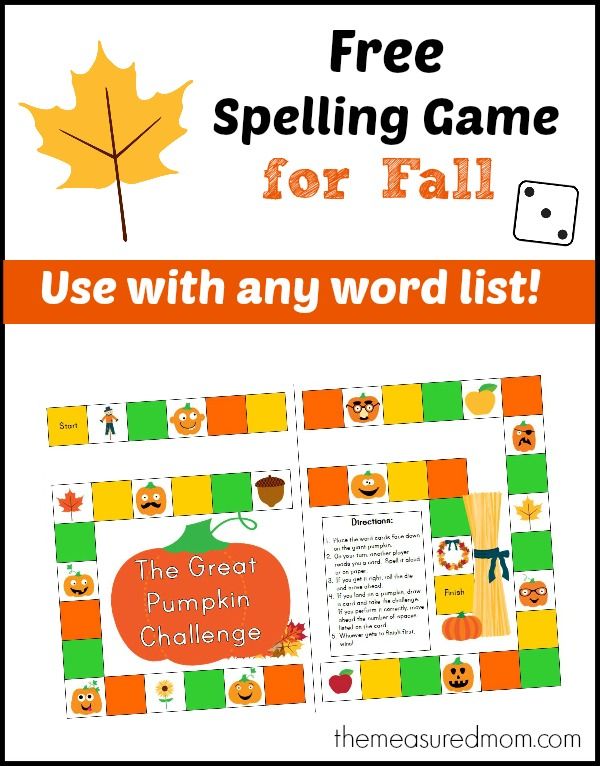 nine0003
nine0003 Example:
words containing "EA" - tea, area, beat, east, easy, head, real, clean, cream, earth, scream and so on."Anagrams"
The leader distributes word cards to the players. From them, students must make new words, changing only the order of the letters in them. The students write the resulting variations on the board along with their translation.
Example:
- thing - night (night),
- Late (late) - Tale (story),
- DOG (dog) - God (God),
- Miles (Mili) - 5555555555555555555555555555555555555555555555555555555555555555555555555555555555555555555555s limes),
- lamp (lamp) - palm (palm),
- listen (listen) - silent (quiet).
"Who is more?"
The game is played between two teams. At the command "Start!" Students write on the board as many words as possible from certain sections.
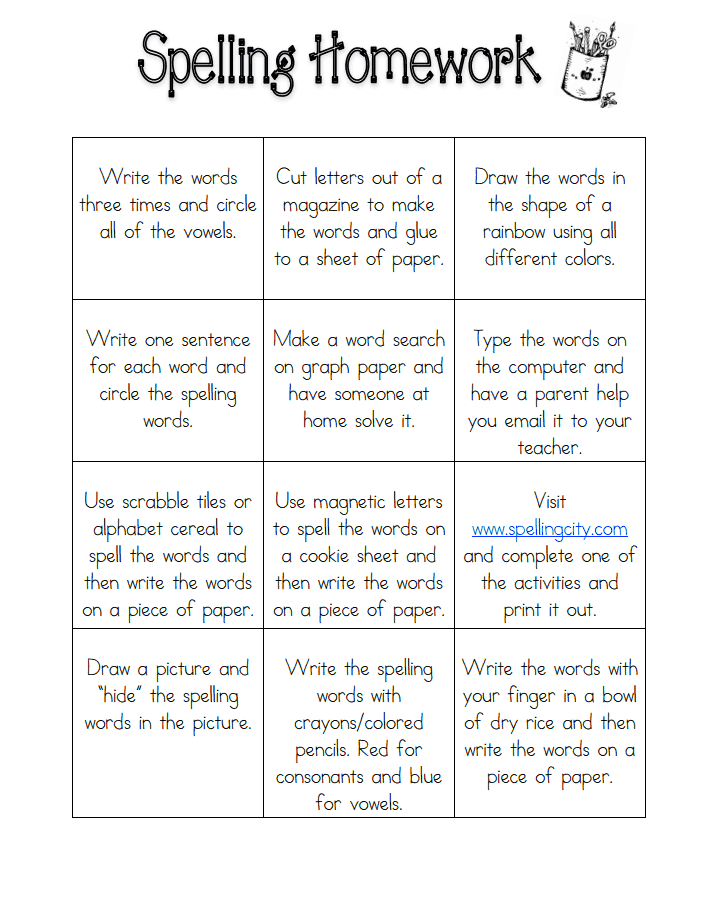 For example: fruits, vegetables, furniture, sports games, months of the year and so on. nine0003
For example: fruits, vegetables, furniture, sports games, months of the year and so on. nine0003 Example:
fruit → apple, avocado, apricot, banana, pineapple, pear, orange, plum, kiwi, lime, lemon, mango, melon, watermelon .“Insert a letter”
The teacher writes down words with missing letters on the board, and the students in turn must fill in these gaps with the missing letters. The task can be complicated by the fact that the presenter will offer whole sentences from words with missing letters. Students must fill in the gaps and translate the resulting sentence. nine0003
Example:
- d*ll - dall,
- k*te - kite,
- t*ddy - teddy,
- b*ll - ball9,
- bl*ck13 *in - train.
"Philwords"
The host gives the players printouts with tables, in the cells of which there are letters, from which it is required to find and circle words on a certain topic and translate them.
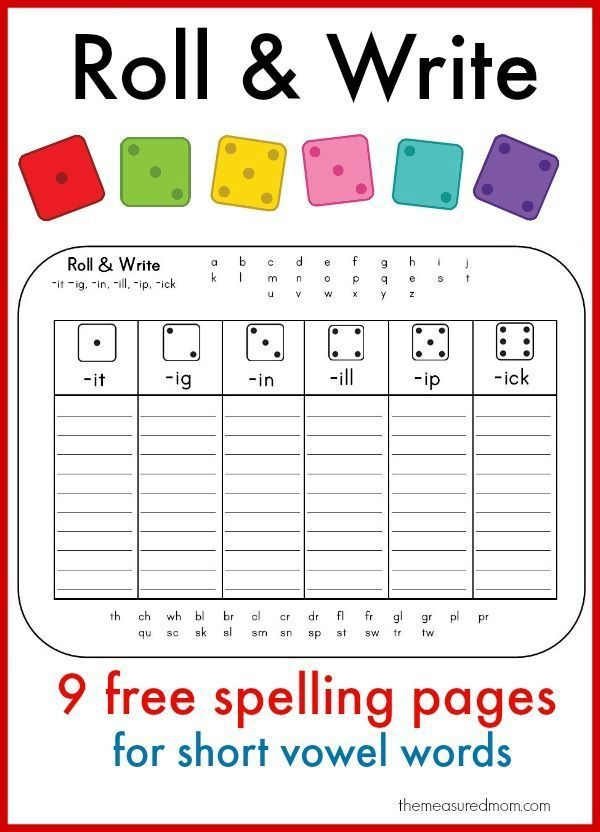 The one who finds all the words the fastest wins.
The one who finds all the words the fastest wins. Example:
find words on the topic "Desserts": chocolate - chocolate, icecream - ice cream, jam - jam, sweets - sweets, fruits - fruits, cake - cake.H C I C E C O S R U I R O W F C T E O E S A S A L E T K E M A T E G A M “CHIPHER”
Teacher distributes printouts with text, which contains missed words.
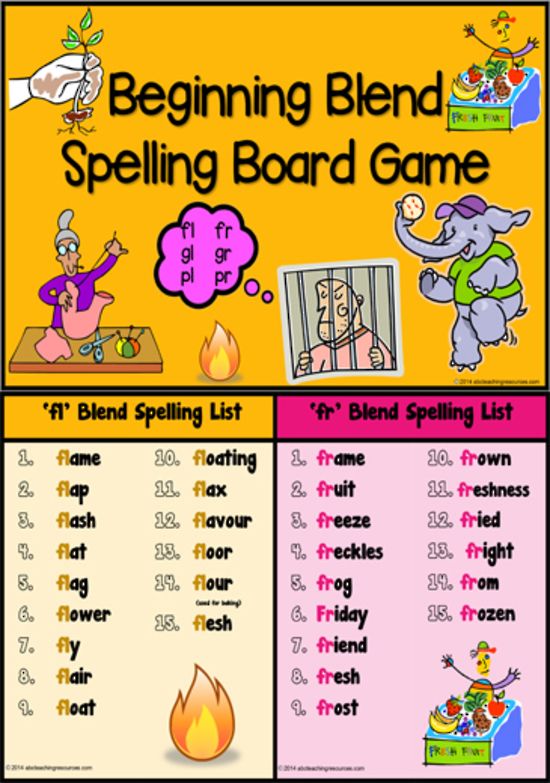 Pictures are shown instead. Students need to replace the pictures with words and write them on the board. During this time, the rest of the class checks the spelling. nine0003
Pictures are shown instead. Students need to replace the pictures with words and write them on the board. During this time, the rest of the class checks the spelling. nine0003 Alphabet
The class is divided into two teams of players and stands away from the board. The facilitator distributes to each team one set of letters of the alphabet. When the teacher pronounces any word, the students with the corresponding letters from it run to the blackboard and make up this word. The team that made it first gets the number of points according to the number of letters in the word.
Honeycombs
Players are divided into two or three teams. Depending on the number of teams on the board, the same long word is written two or three times. The participants of each team one by one run up to the board and write down one word vertically, which begins with a letter from the given word. For each correctly spelled word, the team receives one point. An additional three points are awarded to the team that completed the task first.
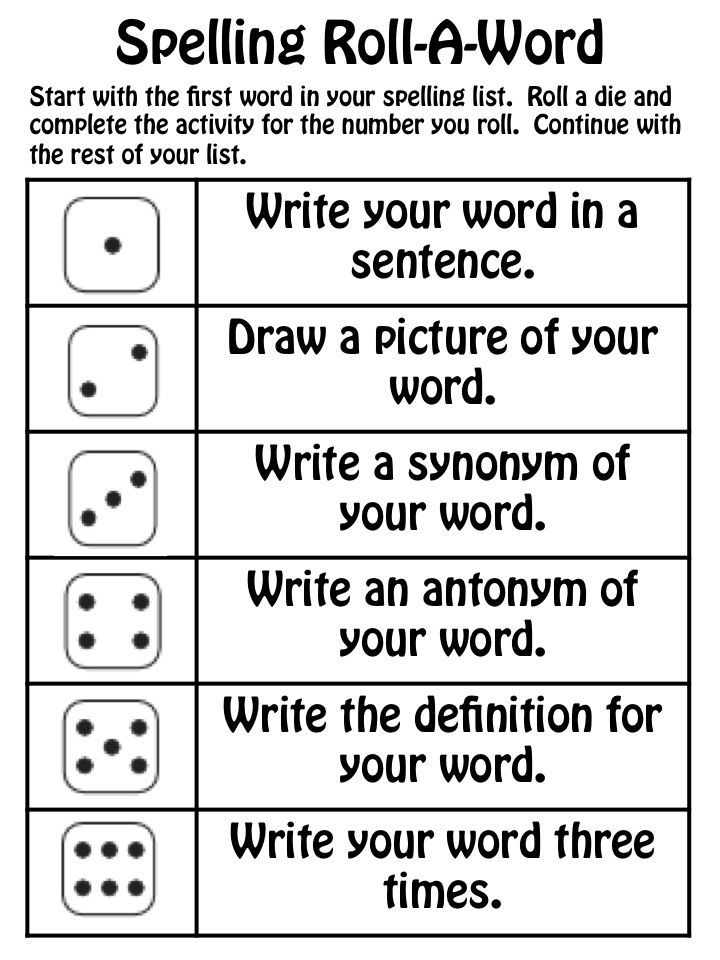 nine0730 C
nine0730 C I E K L R T P A B P T E M C E A T I I G R L E E R 0730 O T I A E R E E N A N R A A L E Y M L “Four words”
Game are held as an individual competition.
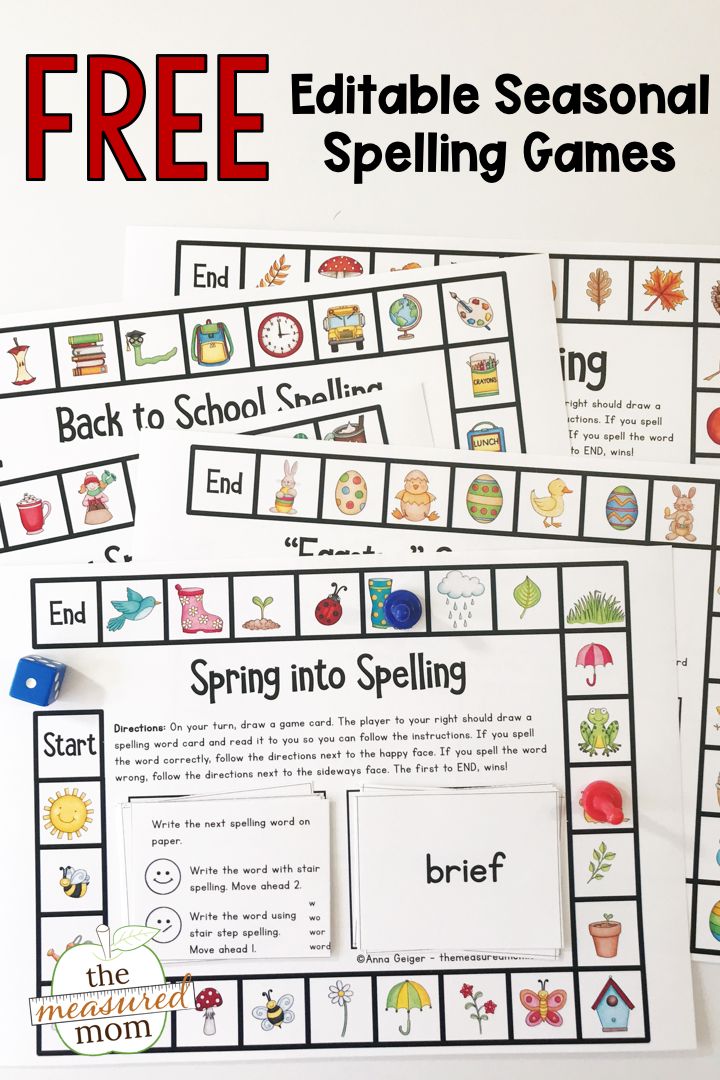 The teacher writes a four-letter word on the board. And the students, in turn, must write four words for each letter in a certain period of time. First, students write the words in their notebooks. The first one to complete the task writes the received words on the board. For each correctly written column, he receives four points. For the mistake made, one point is deducted and assigned to the student who corrects this mistake. nine0003
The teacher writes a four-letter word on the board. And the students, in turn, must write four words for each letter in a certain period of time. First, students write the words in their notebooks. The first one to complete the task writes the received words on the board. For each correctly written column, he receives four points. For the mistake made, one point is deducted and assigned to the student who corrects this mistake. nine0003 Example:
Word LAKE
L → letter, lamp, life, lunch.
A → act, advance, afternoon, apple.
K → kingdom, key, kitchen, kid.
E → education, egg, electric, eye.
Ladder
Relay students must build a ladder of words on the board. To do this, each player must write down a word that begins with the last letter of the previous word. Points are awarded for each letter in a word, which motivates students to come up with longer words.
